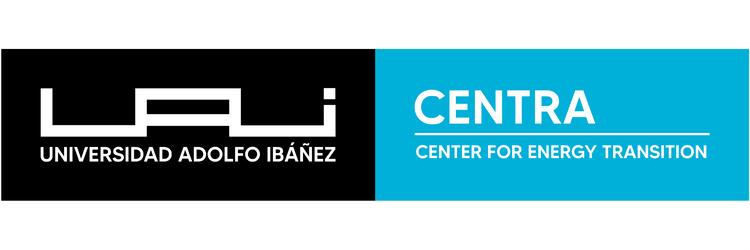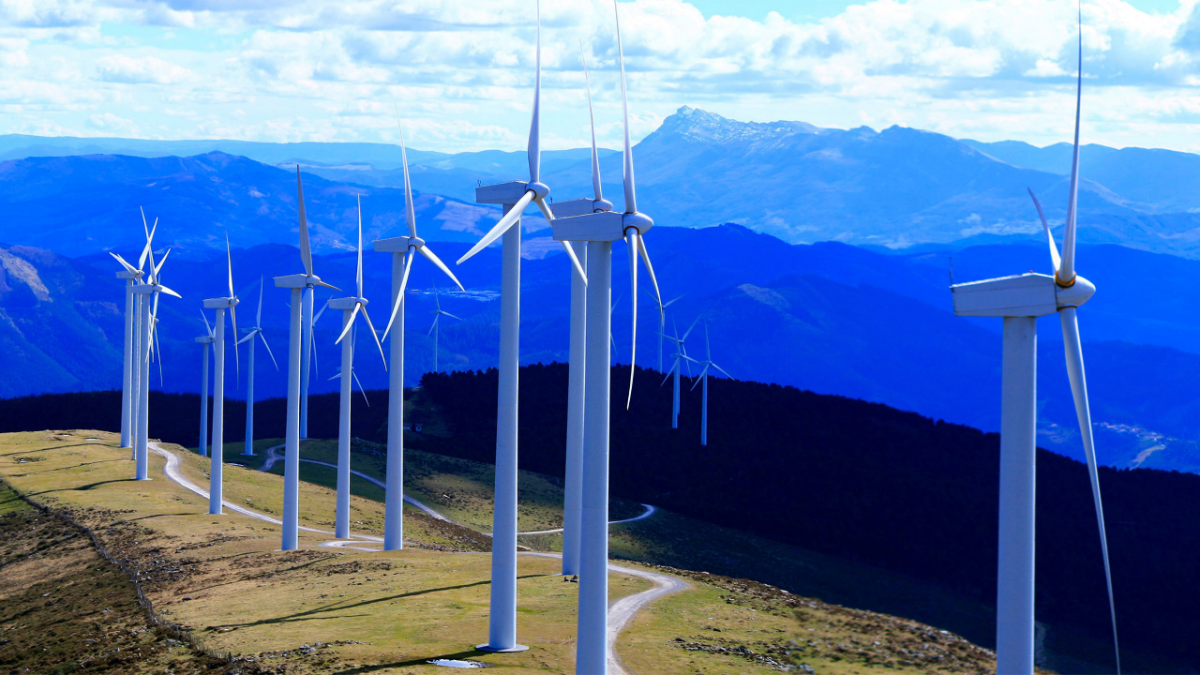Energy Transition
July 18, 2023
Column by Daniel Olivares, La Tercera
The energy transition is above all a moral transition that is believed to take another 27 years worldwide. In Chile, the path will be full of adjustments in our regulation, which will gradually reflect a new balance between the principles of sustainability and resilience, and the principle of economic efficiency.
Along these lines, the current energy transition bill aims to improve processes, redistribute risks, and mobilize resources, modifying the balance between these three principles. The bill partially contributes to resolving an acute crisis in the renewable generation sector, which has taken over the sector’s agenda so far this year.
While the bill is a step forward, considering the long road ahead, it would be desirable for the country to be able to address the challenges posed by the transition in the future before falling into a crisis, otherwise there is a risk of moving forward based on the interests of those who shout the loudest, and not on what the country requires.
This requires a clear and stable vision of what the energy transition will be like for Chile, a sector institutionality less subject to government cycles, a greater knowledge base and local technological development in universities and R&D centers, and measures that bring the problem closer to citizens.
Specifically, the country needs to train professionals capable of generating and adopting new perspectives on national energy development, investing in R&D+i that allows for the generation of local technology and solutions that provide greater energy autonomy and competitiveness for the country, and the construction of genuine alliances between the public, private and academic sectors.
Daniel Olivares
Director of the Energy Transition Center
Faculty of Engineering and Sciences UAI

